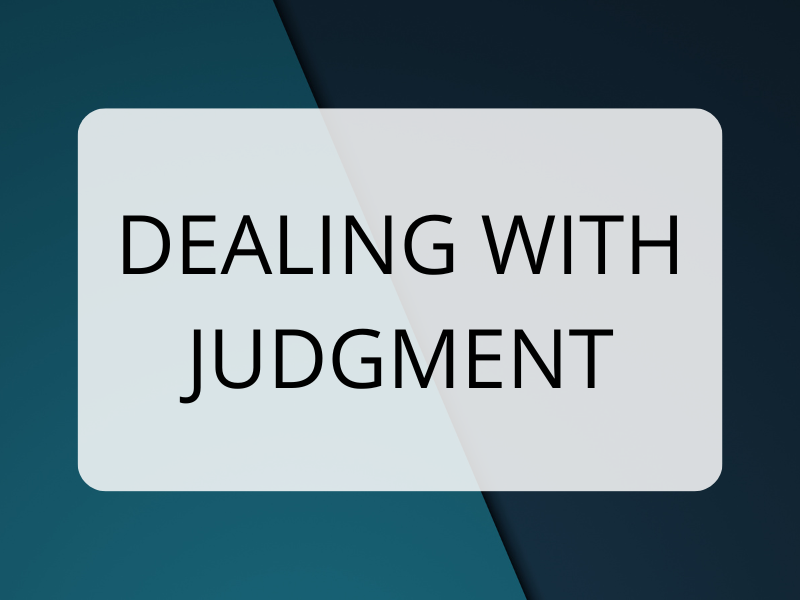Healthcare workers are TIRED.
Healthcare workers are burned out: overworked, overwhelmed, and under supported. What’s the solution?
Mental health and wellness for healthcare workers is at an all time low. The ways we work - the ways we’re expected to work - just aren’t sustainable. This was true before the COVID pandemic, but all that extra pressure has made the system crack. Health care providers are quitting big institutions like hospitals and treatment centers rather than work in places that don’t value them (according to a study in Forbes, 47% Of U.S. Healthcare Workers Plan To Leave Their Positions By 2025).
But it’s not just the workload and demanding hours. Healthcare is full of grief.
Healthcare workers witness pain and suffering all day long. Losses pile up, and there’s not always time - or space - to feel that grief. It’s only recently that having an emotional response to sick or dying patients hasn’t been seen as a liability. In fact, physicians are still trained to hide mental health issues that stem from their work, a practice that contributes to high rates of physician suicides and substance abuse. Repeated exposure to loss takes a toll.
And: healthcare workers are human. We have our own personal losses that don’t magically go away when we arrive at work.
A lot of the “answers” to healthcare worker burnout involve more work for providers. Things like mandatory wellness retreats that focus on getting more efficient, or suggestions from management that you see an EAP therapist (on your own time, IF you can get an appointment, because therapists have long waiting lists).
Where do we go from here? Opening conversations about the emotional impact of the work - the real human cost of healthcare work - is a big start. Dr. Jessi Gold discusses healthcare worker burnout in her new book, How Do You Feel?, and on the It’s OK podcast. The New York Zen Center addresses physician burnout with their Contemplative Medicine Fellowship - listen to co-founders Koshin Paley Ellison and Chodo Robert Campbell discuss caregiver stress in their conversation with Megan.
Re-Humanizing Grief, Megan’s Grief Care Professional Intensive, includes a module on the specific challenges of working in emotionally challenging professions. Grief on the Job: Setting Boundaries, Managing Your Personal Grief and Holding Space for Others goes beyond “self-care” to help providers find strategies that actually work, on the job and off. Find the full curriculum and register for the next session now.
Need help figuring out how to help your teams handle grief on the job? Not sure how to manage emotionally charged situations with compassion and still maintain your policies? Book a consultation with Megan to map out solutions.


